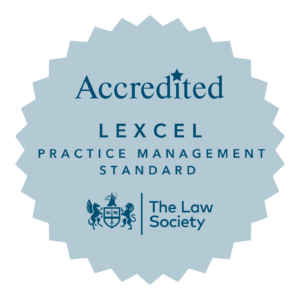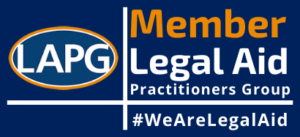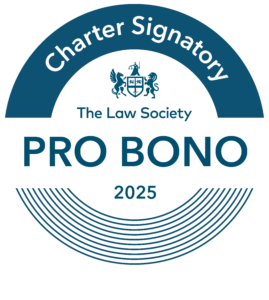The passing of a loved one is always a difficult time. It can be made all the more difficult where the circumstances of a death are unclear.
Kesar & Co Solicitors provide legal advice exclusively to bereaved families. We understand that the prospect of an inquest can be very intimidating. Bereaved families can find it difficult to challenge certain decisions and question witnesses, while coping with the grief of losing a loved one.
Our aim in assisting families is to help with seeking answers and to empower people to understand what has happened to their loved ones.
Our lawyers are members of the charity INQUEST.
What is an Inquest
Put simply, an inquest is an investigation into a death by a Coroner. It is held in a public forum its purpose is to answer four key questions:
- Who has died?
- When did they die?
- Where did they die?
- How did they die?
A Coroner will hold an inquest where one or more of the following conditions apply:
- The cause of death is unknown
- The death occurred in a prison or in police custody
- The death was unnatural or violent
- The person died while detained under the Mental Health Act
- The identity of the deceased is uncertain or unknown
A Coroner can call witnesses to give evidence, request documents be disclosed and seek expert evidence in the course of their investigation.
Whilst an inquest is not adversarial a Coroner can make certain recommendations to prevent future deaths. A Coroner will do so where a concern has arisen during an inquest which appears to create a risky situation in the future.
Deaths in Custody
When someone passes away in custody, we understand the desire to uncover what has happened.
Our lawyers have significant experience in working with detained people and challenging the acts of public bodies which run the criminal justice services. This experience gives us a unique platform to advise bereaved families and guide those who are striving to cope with the aftermath of a death in custody.
What are my rights at an Inquest?
The Coroner will identify ‘interested persons’ who are affected by the inquest. An Interested Person is an individual or body with the right to actively participate in the inquest proceedings. Members of the deceased family have the right to ask questions of witnesses and address the Coroner directly, where the Coroner accepts they are an Interested Person.
There is no requirement to have a lawyer to represent you at an inquest. However, there can be significant benefits to doing so. A lawyer can review the evidence which the Coroner collects and ensure relevant information is brought to the Coroner’s attention.
Where an inquest involves a public body, such as the criminal justice services or the NHS, it can be complex. Where a person has died whilst under the care of the state the Coroner may call a jury to assist with deciding the issues in the case. In such inquests state bodies are inevitably represented by their own legal teams. We feel that families should have equal access to representation.
Funding Your Case
We offer a variety of funding options for families facing the prospect of an inquest. Where a loved one has died in custody, or in detention legal aid may be available.
Where legal aid is unavailable, we offer a range of funding options to suit your individual circumstances.









